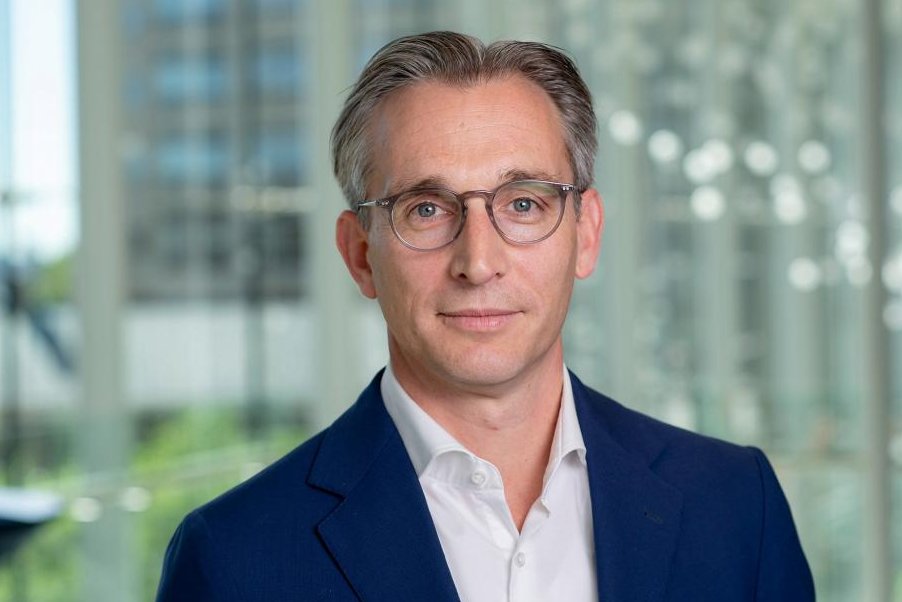
Oct. 25 (UPI) — Royal Philips’ new chief executive officer has announced plans to cut 4,000 jobs “immediately” to offset losses following the medical equipment maker’s massive recall of sleep apnea devices.
Philips CEO Roy Jakobs, who took over the position earlier this month, said the layoffs amount to 5% of Philip’s workforce and will be concentrated in the United States and Netherlands. The layoffs were announced in a shareholder note on Monday, as the Amsterdam-based company announced a net loss of $1.31 billion, or 70% of its market value, over the past year.
“We face multiple challenges and our Q3 2022 performance reflects this,” Jakobs said on Monday’s shareholder conference call. “Although Philips’ strategy and solutions resonate with our stakeholders, we have not lived up to their expectations in recent years.”
“This includes the difficult, but necessary decision to immediately reduce our workforce by around 4,000 roles globally, which we do not take lightly and will implement with respect towards impacted colleagues,” Jakobs said.
Philips recalled 15 million CPAP’s, BiPAPs and ventilators in June 2021, after the Food and Drug Administration said the medical devices released small particles that could pose a health risk, including cancer. The FDA said the medical devices are associated with 168 deaths since April 2021.
Philips, which employs 79,000 people worldwide, is working with the Justice Department on a settlement following the recall. Philips Respironics, which operates under Royal Philips, is a defendant in several class-action lawsuits and individual personal injury claims.
To date, approximately 4 million replacement devices and repair kits have been produced. Philips Respironics hopes to complete around 90% of its replacement shipments to customers by the end of the year.
In addition to the recall, the company announced falling sales Monday due to supply chain issues, which were worse than anticipated and are expected to continue through the year.
Jakobs called the company’s restructuring to reduce job redundancies “difficult but necessary,” as he promised to improve patient safety and supply chain operations.
“My immediate priority is therefore to improve execution so that we can start rebuilding the trust of patients, consumers and customers,” he said.